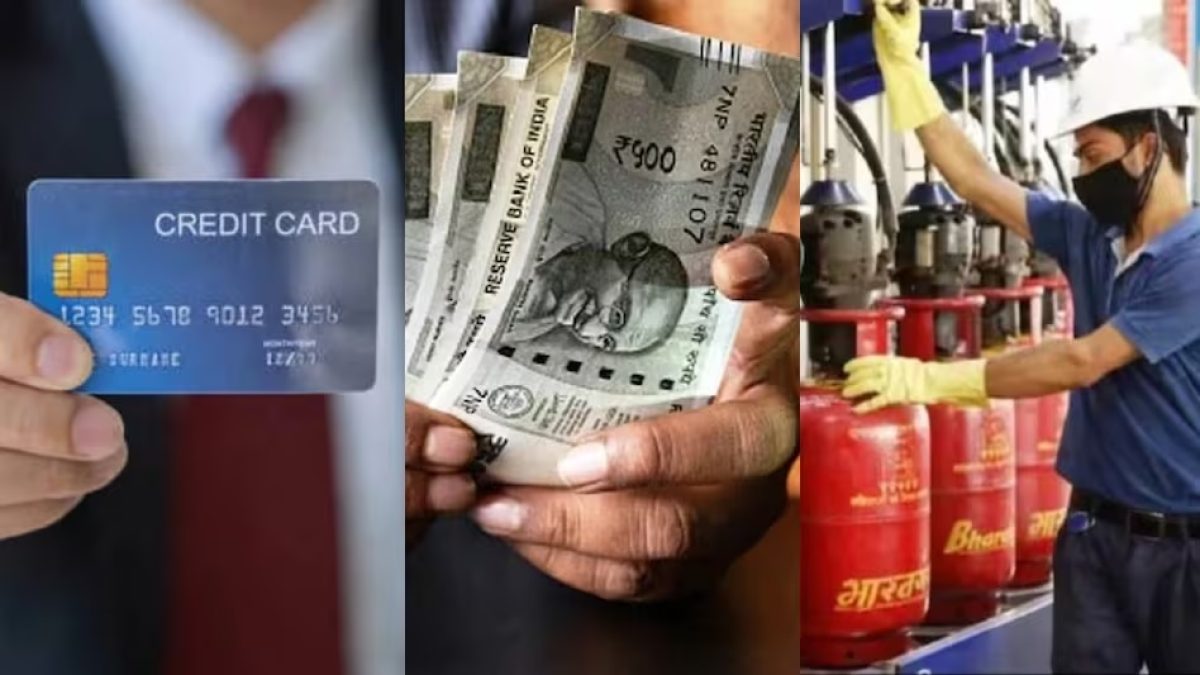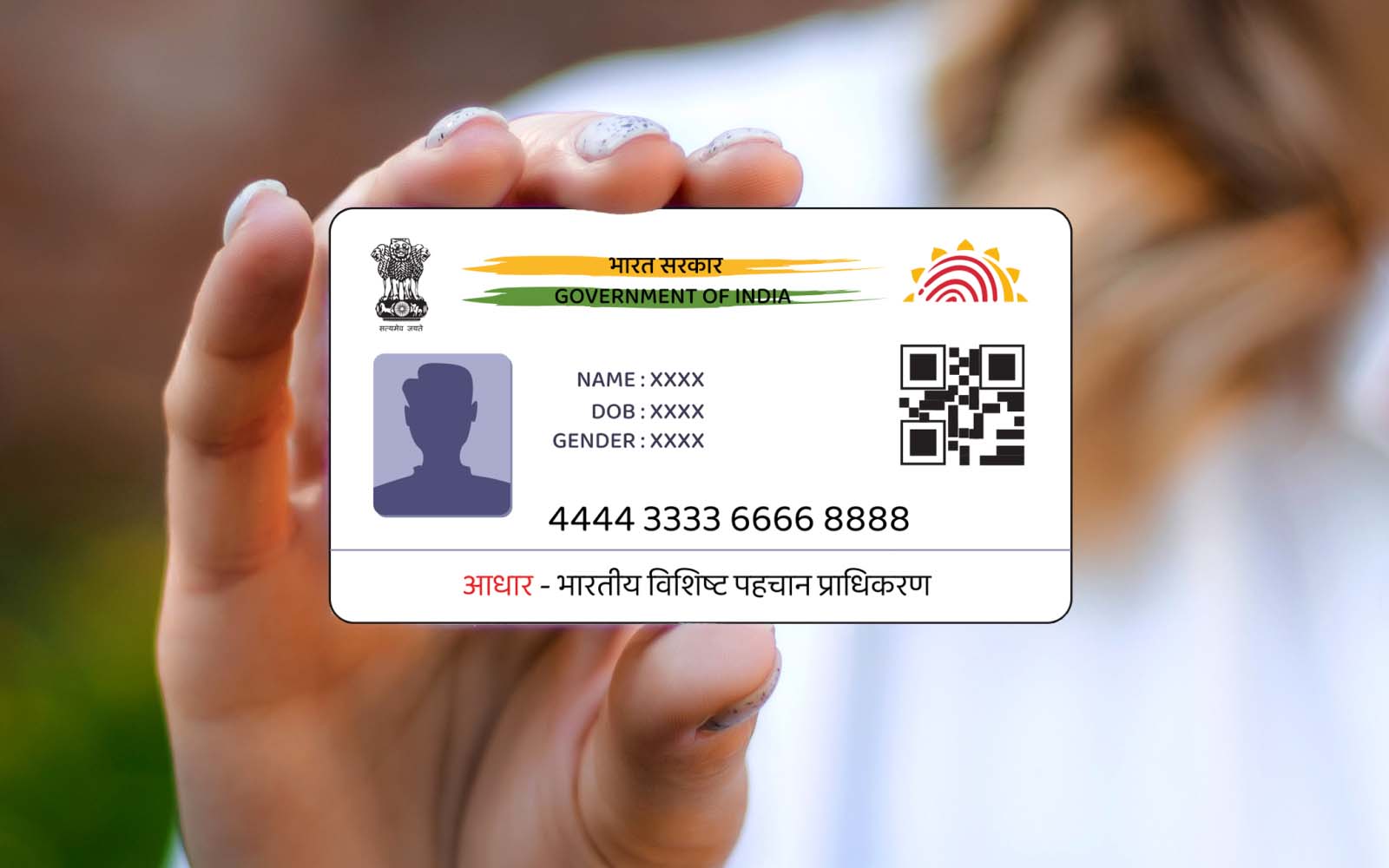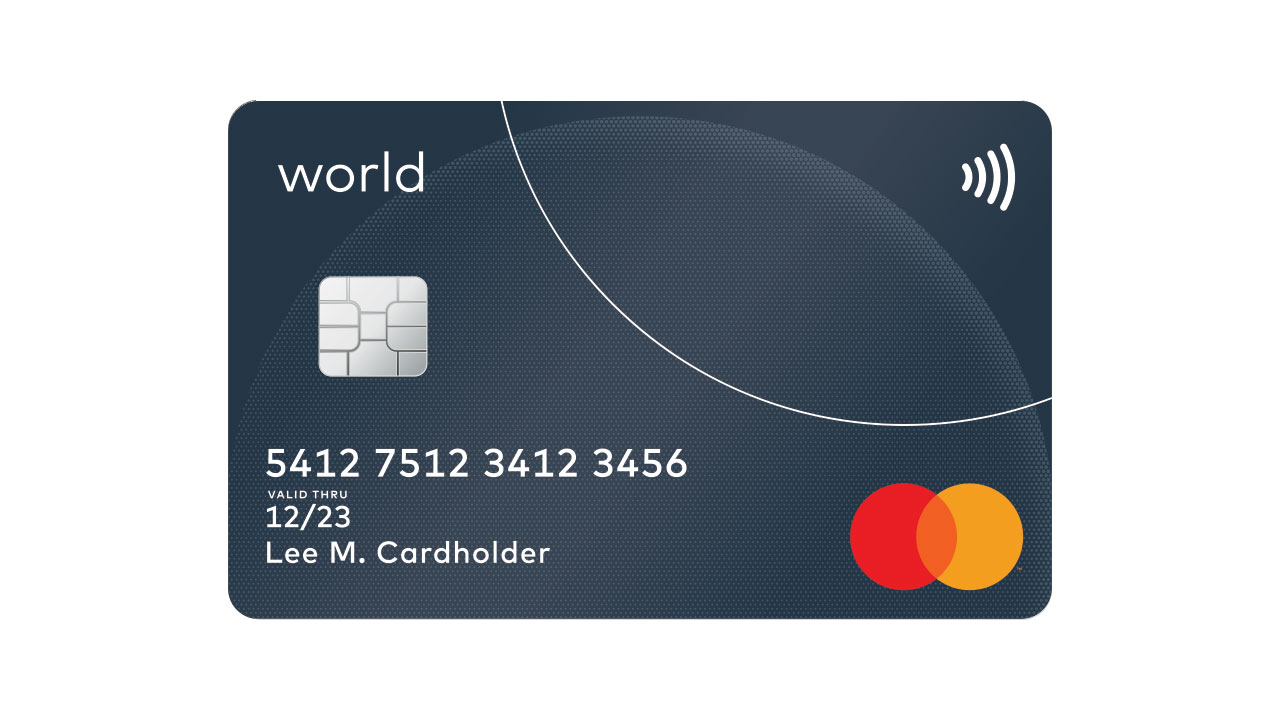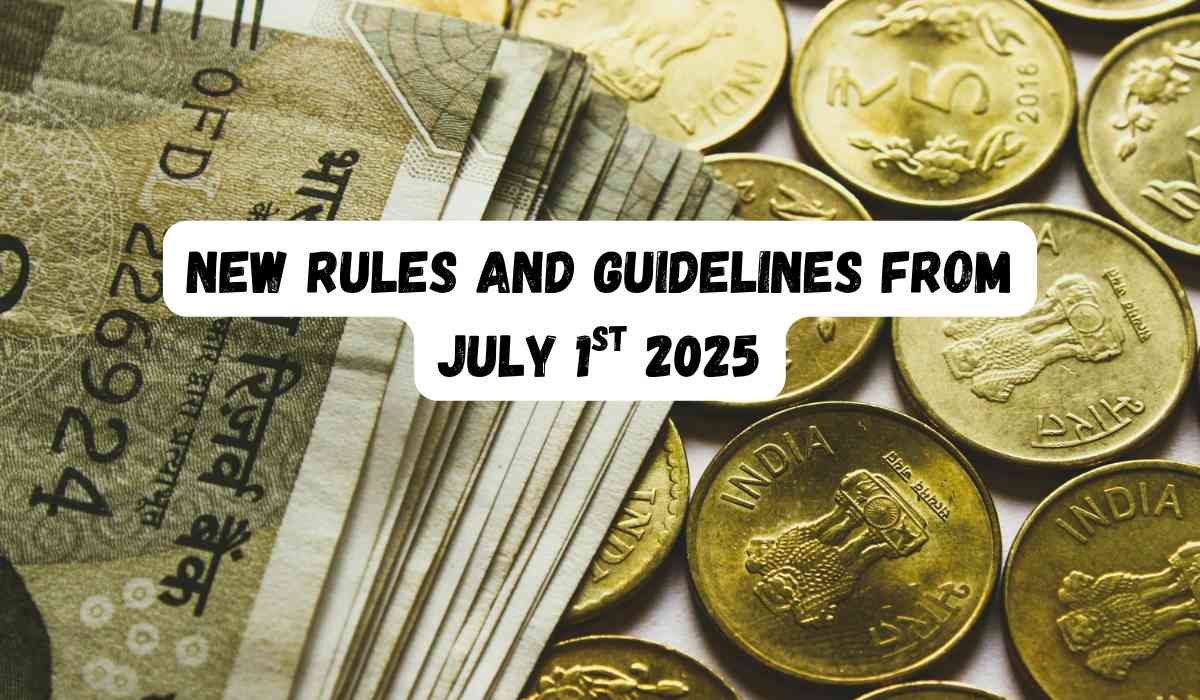As we step into July 2025, several critical rule changes have come into effect in India, many of which are set to directly impact the everyday lives of citizens. These sweeping reforms touch nearly every facet of public interaction with government and financial institutions — from travel and transportation to taxation, digital transactions, fuel regulations, and personal identification systems. Whether you’re a salaried professional, small business owner, traveler, or digital user, it’s vital to understand these new changes to stay compliant and avoid disruption.
Here’s a list breakdown of all the major rule changes effective July 1, 2025.

Train Travel Now More Expensive: Fare Hike Across Classes
Starting July 1, rail travel in India has become costlier. The Ministry of Railways has introduced a modest fare hike for both AC and non-AC categories of mail and express trains:
-
Non-AC Coaches: Fare increase of 1 paisa per kilometre
-
AC Coaches: Fare hike of 2 paisa per kilometre
-
Ordinary Second Class: No change up to 500 km, then a marginal 0.5 paisa/km increase
-
Sleeper and First-Class: Also see a rise of 0.5 paisa/km
For instance, a 500-km journey will now cost ₹5 more in non-AC and ₹10 more in AC classes. On longer routes (1,000 km), this increase can range from ₹10 to ₹20. Importantly, suburban trains and Monthly Season Tickets (MSTs) remain unaffected, and pre-July 1 bookings are exempt from the new fare structure.
Aadhaar Now Mandatory for Tatkal Train Ticket Booking
Booking Tatkal train tickets through IRCTC now requires Aadhaar verification. The system has been implemented to prevent misuse by touts and ensure fair ticket access for the general public. Key highlights include:
-
Aadhaar-linked accounts get exclusive access to Tatkal booking for the first 10 minutes
-
OTP-based Aadhaar verification is mandatory at the time of booking
-
Agents and bots will be restricted during the early booking window
-
From July 15, two-factor authentication using OTP will become mandatory for all railway ticket bookings, online or offline
The goal is to improve transparency, prevent misuse by touts, and ensure fair ticket distribution to the general public.

Reservation Charting Shifted to 8 Hours Before Departure
In a move aimed at improving passenger convenience, Indian Railways will now prepare reservation charts eight hours before a train's scheduled departure — an improvement over the previous four-hour window. This gives waitlisted passengers more time to make alternate travel arrangements.
Aadhaar Mandatory for New PAN Card Applications
From July 1, 2025, it is compulsory to link Aadhaar while applying for a new Permanent Account Number (PAN) card. This change, introduced by the Central Board of Direct Taxes (CBDT), aims to:
-
Strengthen digital identity verification
-
Prevent tax evasion
-
Enhance transparency in India’s tax system
Previously accepted documents like a driving license or birth certificate are no longer sufficient. The application process remains online and streamlined — users can now obtain a digital e-PAN by paying a nominal fee of ₹107.
Additionally, existing PAN holders must ensure their PAN is linked to Aadhaar by December 31, 2025, to avoid deactivation.
Commercial LPG Cylinder Prices Slashed
In a welcome relief for the food and hospitality sector, oil companies have reduced the price of 19 kg commercial LPG cylinders:
-
Delhi: Down from ₹1,723.50 to ₹1,665 (a cut of ₹58.50)
-
Mumbai: Reduced to ₹1,616.50 from ₹1,674.50 (a cut of ₹58)
This reduction, influenced by global oil market fluctuations, provides some breathing space for hotels, restaurants, and street vendors, although there’s no official update yet regarding domestic LPG prices.

UPI Transactions Will Now Show the Real Name of the Receiver
To curb online payment frauds, the National Payments Corporation of India (NPCI) has enforced a rule that displays the real name of the UPI recipient, as per bank records, before the payment is confirmed.
This aims to:
-
Reduce the risk of wrong transfers.
-
Help users verify the identity of the person they're sending money to.
-
Increase transparency and trust in digital payments.
This rule applies across all UPI apps and platforms.
Delhi Implements Fuel Ban for End-of-Life (EOL) Vehicles
In a landmark move to reduce pollution, the Delhi government has banned fuel sales to end-of-life (EOL) vehicles from July 1, 2025.
-
Vehicles past their legal usage age will not be allowed to refuel at any of the 520 fuel stations across the city.
-
ANPR (Automatic Number Plate Recognition) cameras installed at petrol pumps will automatically detect such vehicles using the VAHAN database.
-
Non-compliant vehicles may be confiscated as part of this clean air initiative.
Income Tax Return (ITR) Filing Deadline Extended
The deadline to file Income Tax Returns (ITR) for the Assessment Year 2025–26 has been extended from July 31 to September 15. While this gives taxpayers an extra 46 days, the CBDT recommends early filing to avoid:
-
Last-minute portal crashes
-
Technical errors or delays
Salaried individuals and self-employed taxpayers should still aim to complete documentation well in advance.
Major Reforms in GST Filing Rules
Two critical changes in GST compliance have been enforced from the July 2025 tax period:
-
GSTR-3B Becomes Non-Editable: Once submitted, the return cannot be altered. Corrections must be made using GSTR-1A before submission.
-
Three-Year Filing Deadline Cap: Taxpayers will not be allowed to file any GST returns (GSTR-1, 3B, 4, 9, etc.) more than three years past the original due date
These rules aim to reduce discrepancies and encourage timely and accurate tax reporting.

Credit Card Rules Revised by Major Banks
Credit card holders across India should brace for multiple changes affecting billing structures, reward points, and transaction charges. Here are some highlights:
SBI Card
-
New Minimum Amount Due (MAD) calculation includes full GST, EMIs, fees, finance charges, over-limit fees, and 2% of the remaining balance
-
Payment hierarchy changed: Payments will first settle GST, then EMIs, followed by fees and other spends
-
Complimentary air accident insurance has been withdrawn on premium cards (ELITE, PRIME, MILES)
HDFC Bank
-
1% transaction fee (capped at ₹4,999) on:
-
Online gaming spends exceeding ₹10,000/month
-
Digital wallet top-ups above ₹10,000
-
-
New limits on utility bill payments, rent, fuel, and education spends
-
No reward points on insurance payments or fuel purchases via certain cards
ICICI Bank
-
ATM transactions:
-
First 5 at ICICI ATMs: Free
-
Additional: ₹23 per transaction
-
International withdrawals: ₹125 plus 3.5% forex markup
-
-
IMPS transfers now attract charges between ₹2.5 and ₹15
-
Cash transactions over ₹1 lakh/month or 3rd-party deposits beyond ₹25,000 will incur fees
Axis Bank
-
Increased ATM fees for savings, NRI, trust, Priority, and Burgundy accounts
-
Out-of-network withdrawals now cost ₹23 per transaction after free limits are exceeded
American Express:
-
No reward points on fuel transactions made using its Gold Credit Card. Other cards like SmartEarn™ remain unaffected.
RBI Extends Call Money Market Trading Hours
To improve interbank liquidity management, the Reserve Bank of India (RBI) has extended the trading hours for the call money market from 9 a.m. – 5 p.m. to 9 a.m. – 7 p.m., effective July 1. This offers banks an additional two hours daily to lend and borrow short-term funds.
MG Car Prices Go Up Again
Car buyers looking at MG models will now have to pay more, as JSW-MG Motor India has announced a price hike of up to 1.5% across all models. This is the second hike in 2025, with a previous increase of 3% implemented in January. The company cites rising input costs and raw material prices as the reason for the increase.
What You Need to Do Now
The start of July 2025 has brought with it a wide spectrum of rule changes that touch nearly every aspect of daily life — from transportation and identity verification to taxes, banking, and fuel access.
While some updates — like LPG price cuts — offer relief, others such as fare hikes, stricter Aadhaar requirements, and banking charges may strain budgets. It is essential that citizens stay informed and take timely actions such as linking Aadhaar, filing ITRs early, and understanding bank policy updates to avoid inconvenience.
These changes reflect a broader shift toward greater digitisation, transparency, and regulatory compliance, setting the tone for a more structured and efficient governance framework in the months to come.
With inputs from agencies
Image Source: Multiple agencies
© Copyright 2025. All Rights Reserved Powered by Vygr Media.























